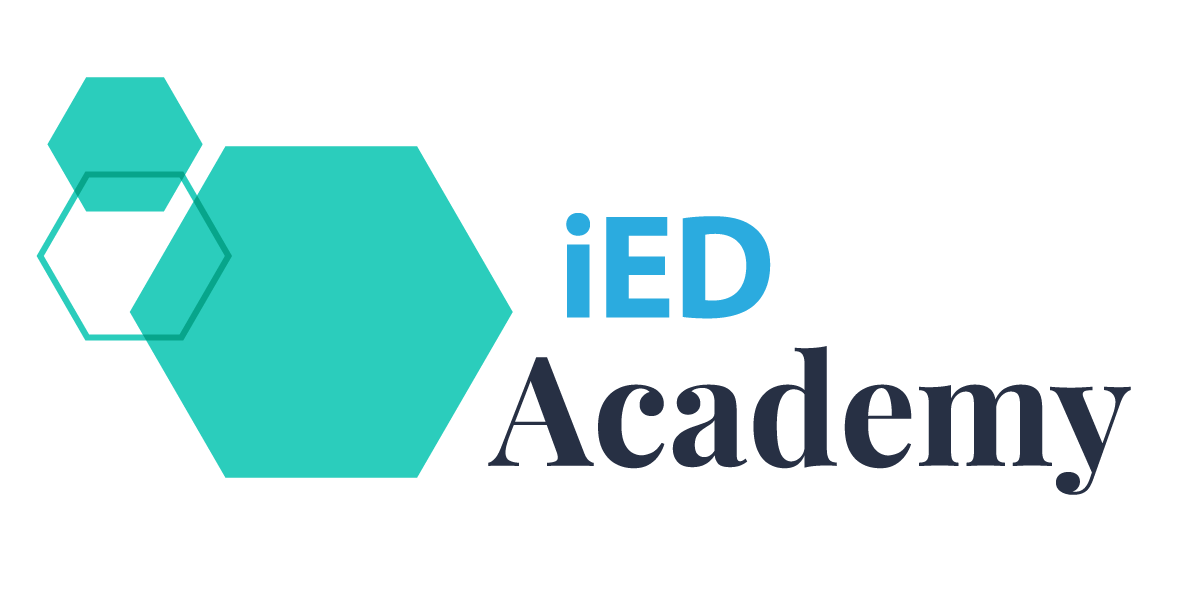Strategies to Develop Emotional Intelligence
Christina Tziouvara
Finding ways to develop emotional intelligence is imperative; especially, for people who lack emotional intelligence skills. Admittedly, people with low emotional intelligence skillset are linked with having poor interpersonal relationships. Moreover, negative consequences extend their impact to health, both physical and mental.
Self-Assessment Questions
A starting point to sharpen your emotional intelligence skills, would be to take an honest look and examine how well do you know yourself. A good practice would be to become an observant of yourself and evaluate your emotional intelligence level.
The following questions can help you acquire an insight:
Answering these questions will help you be aware of yourself and map your character’s qualities that need to be improved.
The following questions can help you acquire an insight:
- Can you identify your emotions? Do you have pertinent vocabulary to verbalize precisely what you are experiencing emotionally? Do you have the ability to regulate your feelings? Can you understand what triggers your emotions?
- How do you interact with others? Are you empathetic with others? • Do you have negative thoughts? Do you have the tendency to make assumptions?
- Are you aware of your weaknesses? Do you accept the fact that you have flaws? Is your way of thinking rigid or you want to change into becoming a better version of yourself?
- How do you cope with situations of tension? In stressful occasions, what is your behavior like towards others?
- How would you assess the impact of your actions to others? Do you take time to assess the impact of your actions, before proceeding to them?
- How do you manage conflicts? Are your responses driven by emotions? On such occasions, do you take into consideration others?
Answering these questions will help you be aware of yourself and map your character’s qualities that need to be improved.
Suggestions to Develop Emotional Intelligence
More and more jobs require employees that are emotionally skilled. Furthermore, emotional intelligence at work equals enhanced professional opportunities and success. However, success due to high emotional intelligence isn’t restricted to a person’s professional aspect; but, its effect expands to all the aspects of life. Here are a few tips to adopt and become emotionally skillful:
Clearly, it is a skillset that, its lack or existence, correlates with the impact on a person’s life and others as well. In particular, acquiring emotional intelligence skills is about weighing the consequences of your behavior towards yourself and others. Hence, avert from practices that can only benefit oneself. The procedure to develop emotional intelligence is about exploring and empowering the self; and, it is a process with gradual progress.
Don’t miss the first workshop on emotional intelligence, on September 17th, hosted in the iED Academy The series of live workshops is offered by MasterMyLife.
- Become an active listener by exercising your listening skills. Your intention, in a conversation, should be to understand the discussant; and, then respond. Interrupting doesn’t facilitate a communication; conversely, it is sign of disrespect. Furthermore, pay attention to other details of conversation, less obvious, such as: body language etc.
- Don’t oppose to feedback; on the contrary, be acceptable of it. In fact, elaborate the information for your benefit and for the benefit of others. Change the way you process mistakes. In fact, a healthy approach of dealing with mistakes should be as a motive for improvement and bounce-back. Exercise social skills in all contexts of a person’s life. Namely, to apply interpersonal skills and communication effectively.
- Try to remain composed under stressful circumstances; and, keep your behavior balanced towards others, in such occasions.
- Set your boundaries.
Clearly, it is a skillset that, its lack or existence, correlates with the impact on a person’s life and others as well. In particular, acquiring emotional intelligence skills is about weighing the consequences of your behavior towards yourself and others. Hence, avert from practices that can only benefit oneself. The procedure to develop emotional intelligence is about exploring and empowering the self; and, it is a process with gradual progress.
Don’t miss the first workshop on emotional intelligence, on September 17th, hosted in the iED Academy The series of live workshops is offered by MasterMyLife.

Drag to resize
Copyright © 2024 Academy
Powered by the Institute of Entrepreneurship Development (iED)
Powered by the Institute of Entrepreneurship Development (iED)